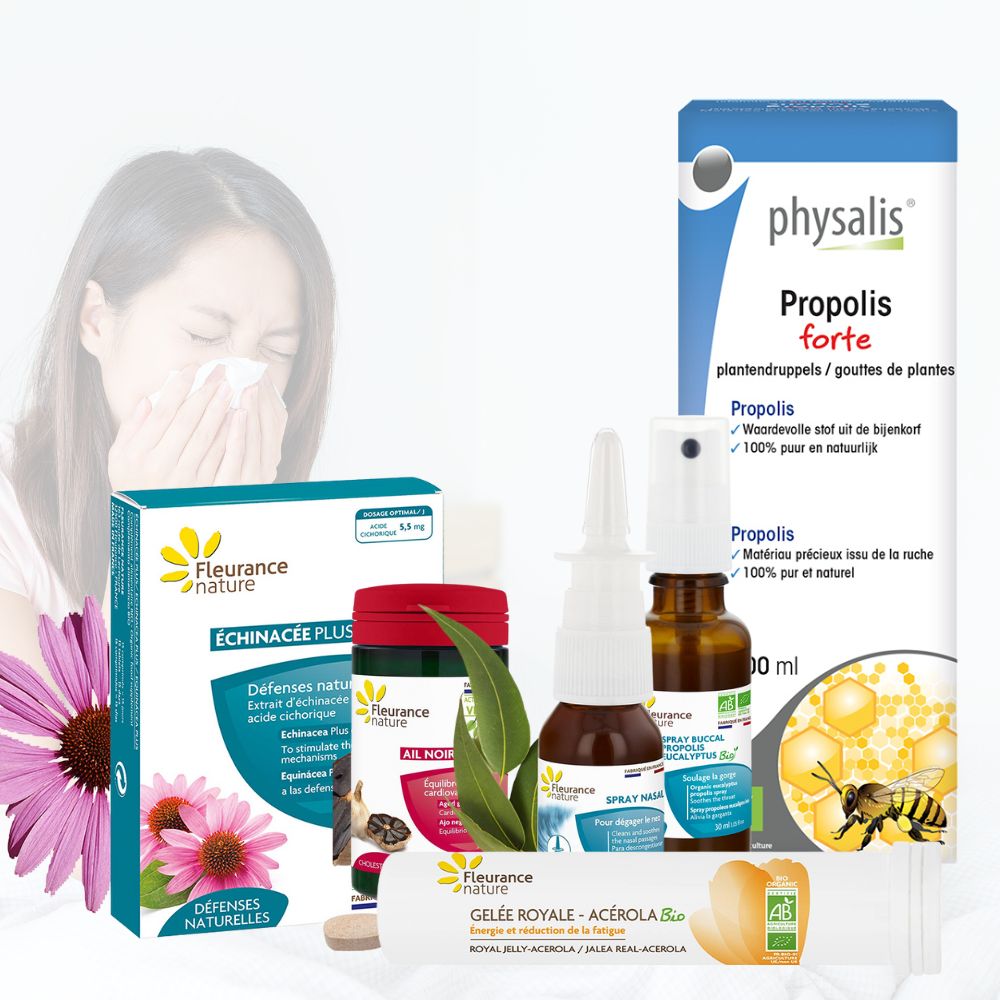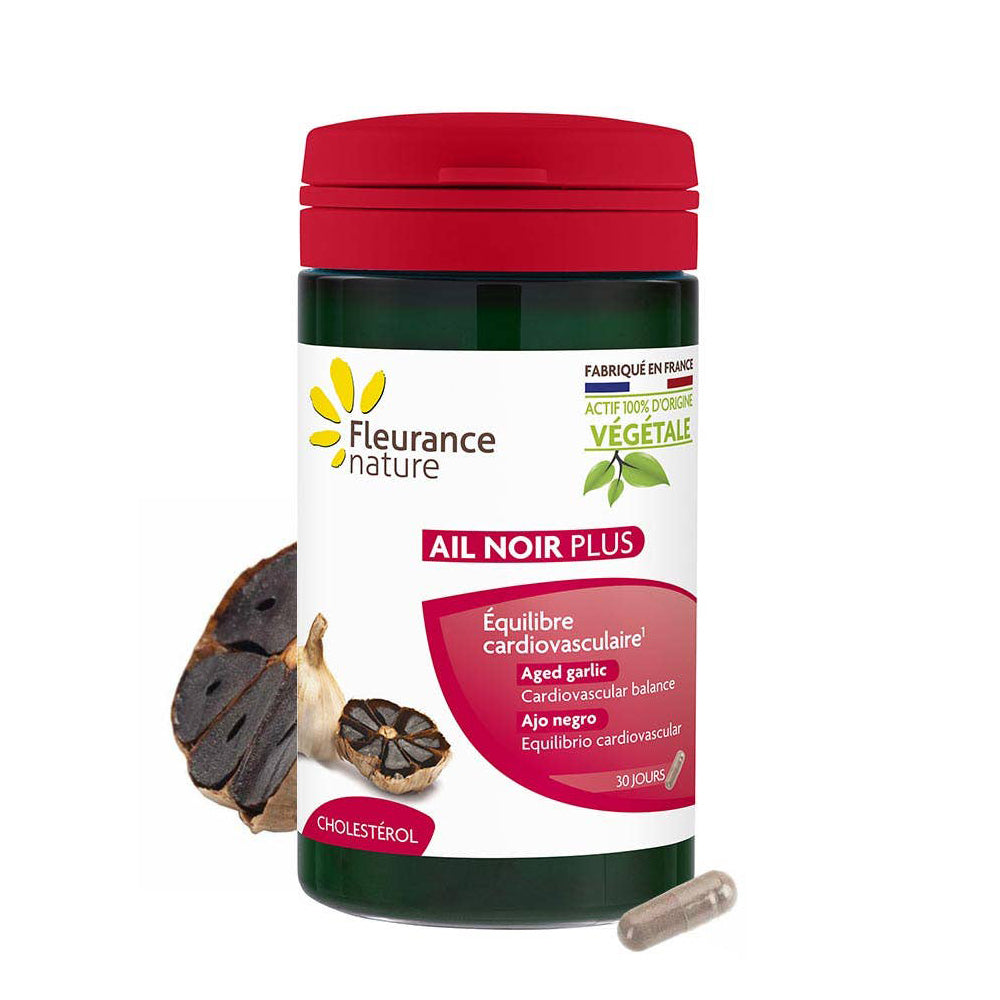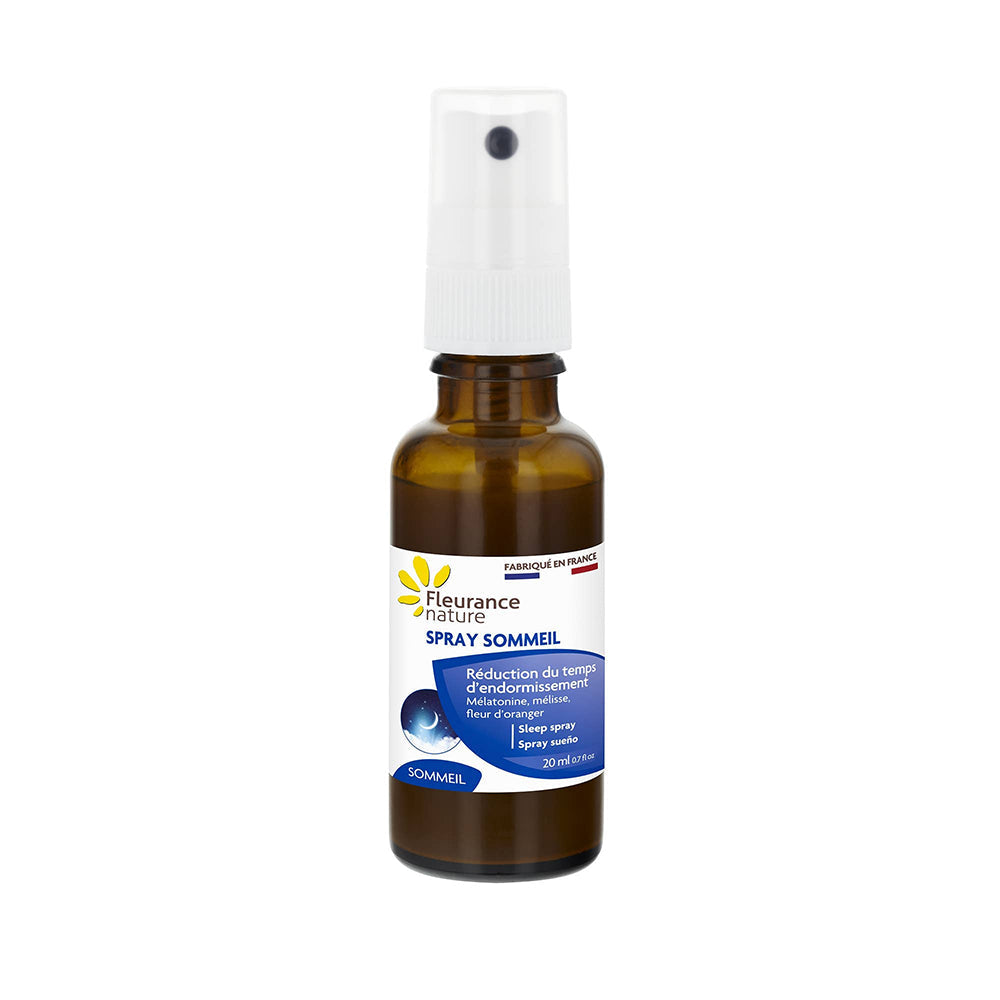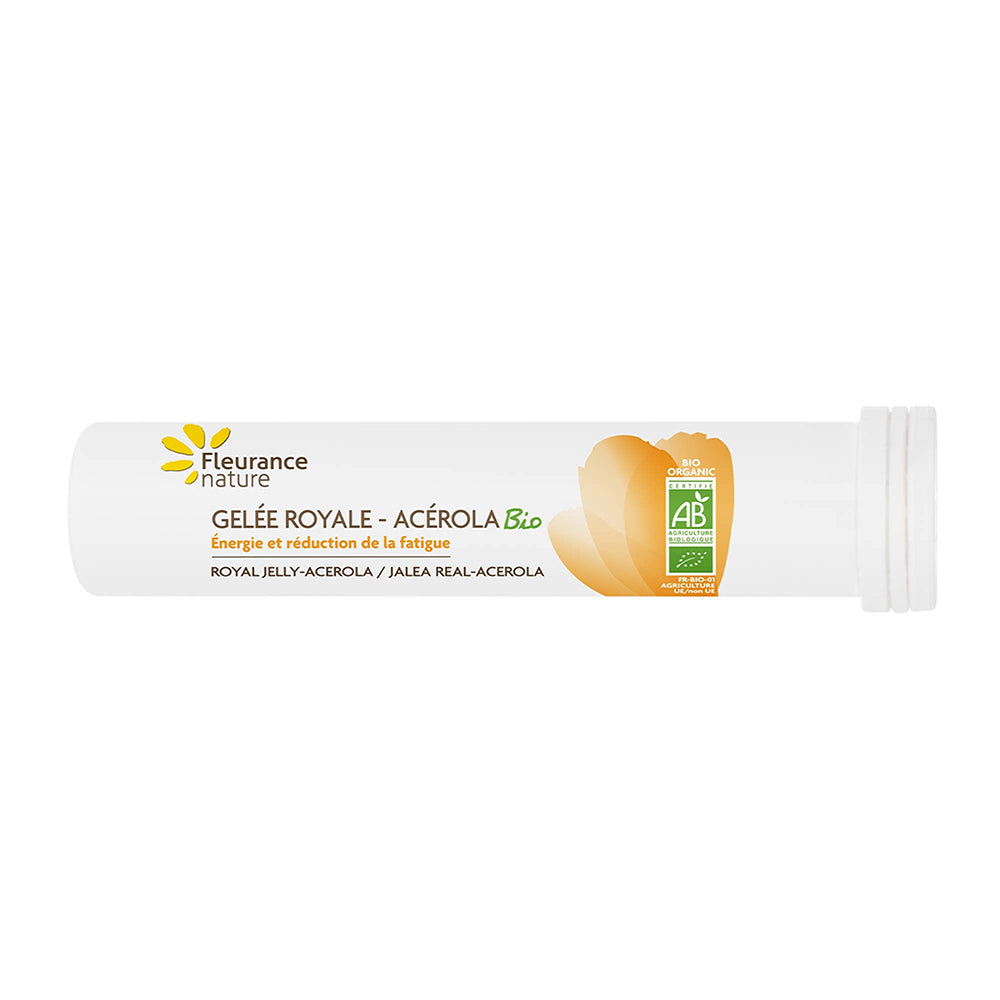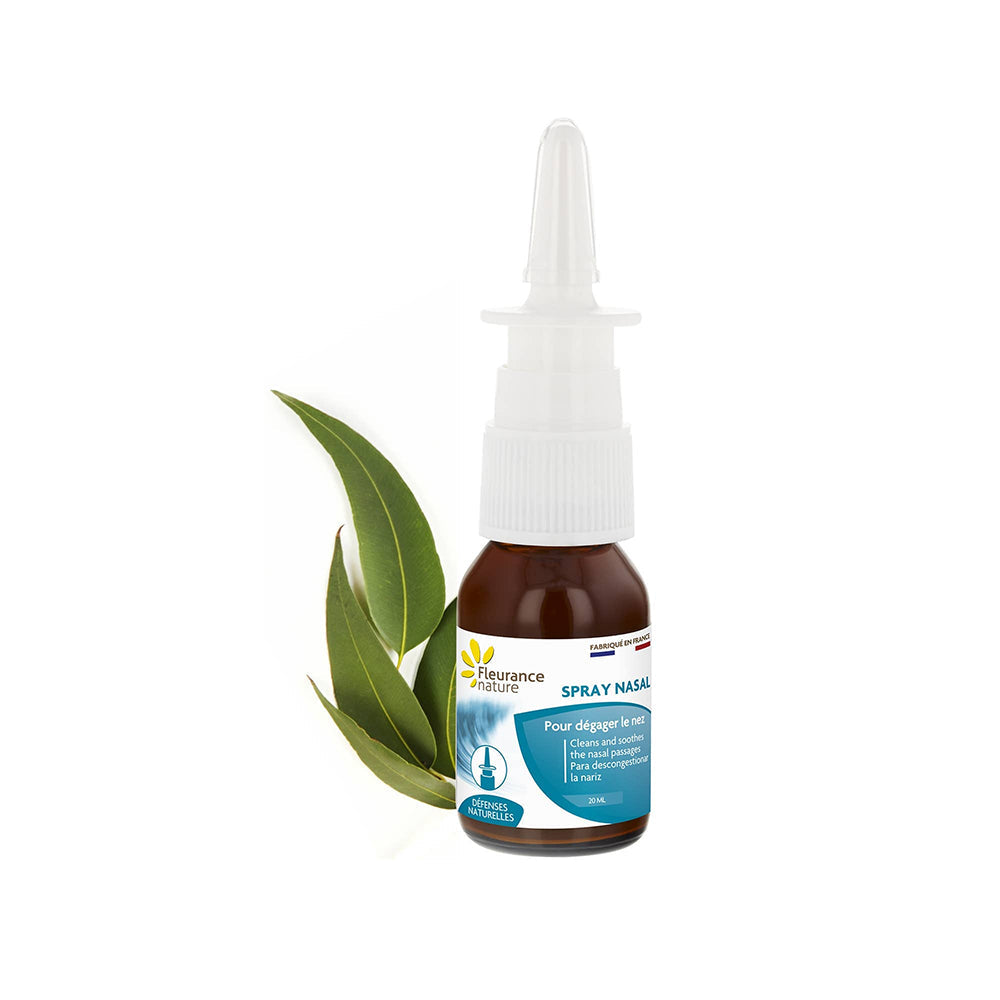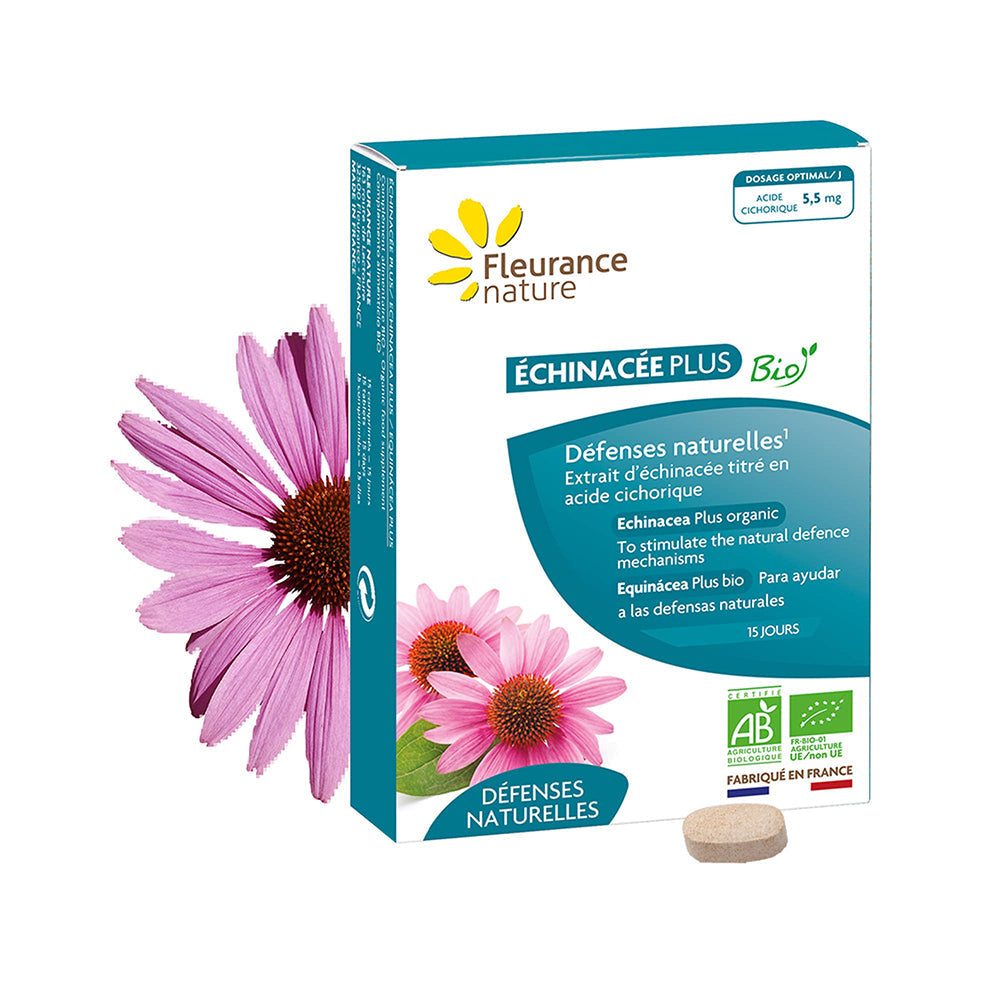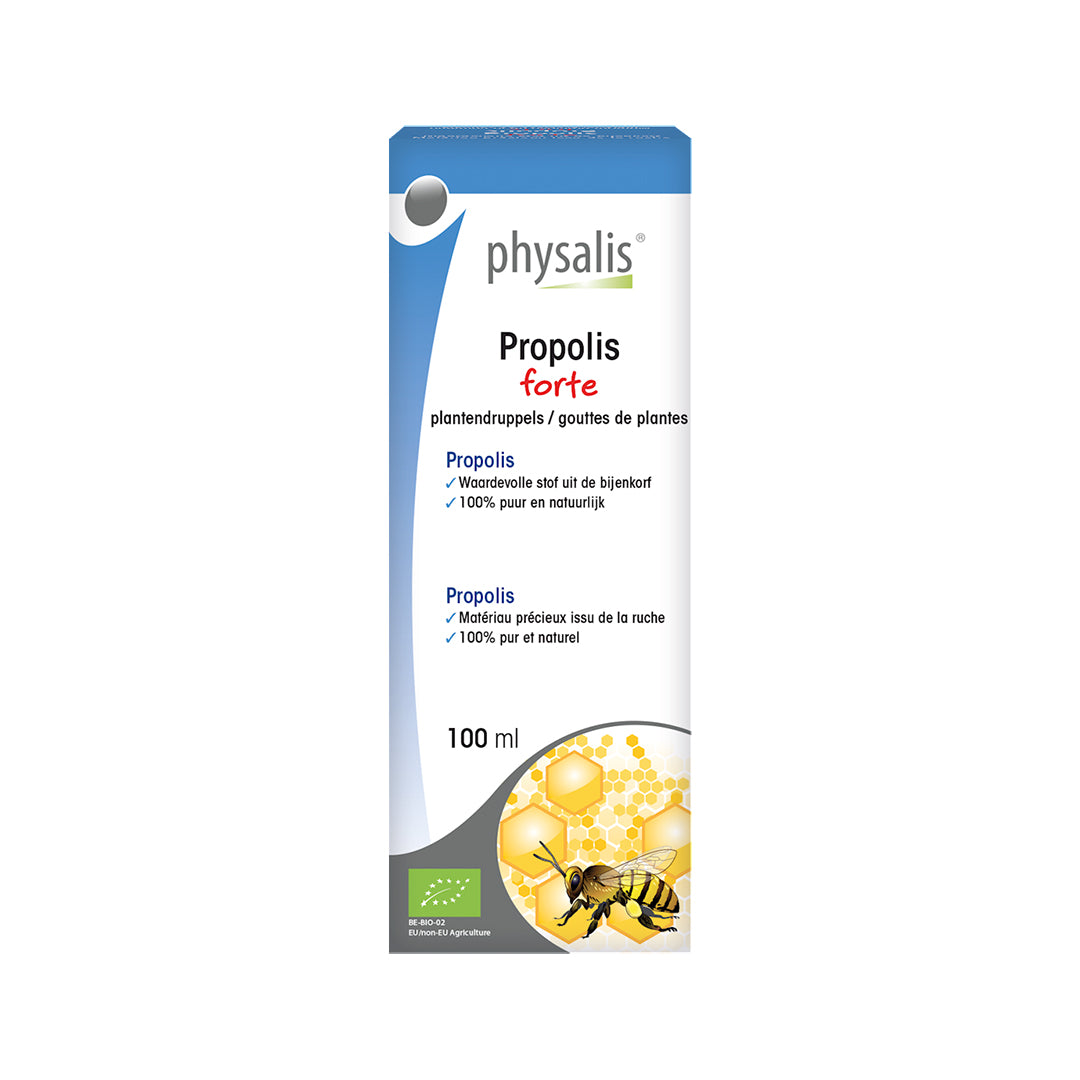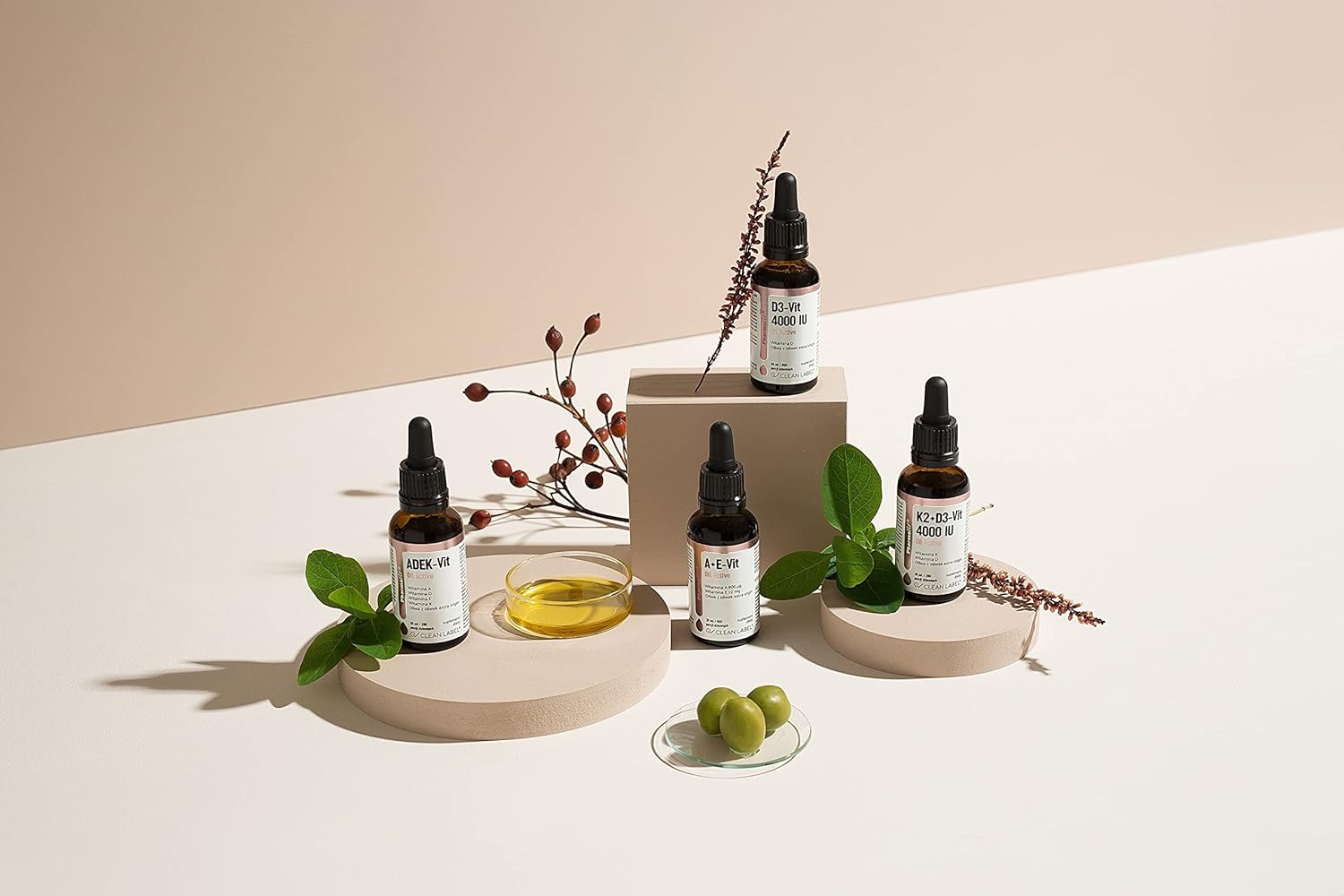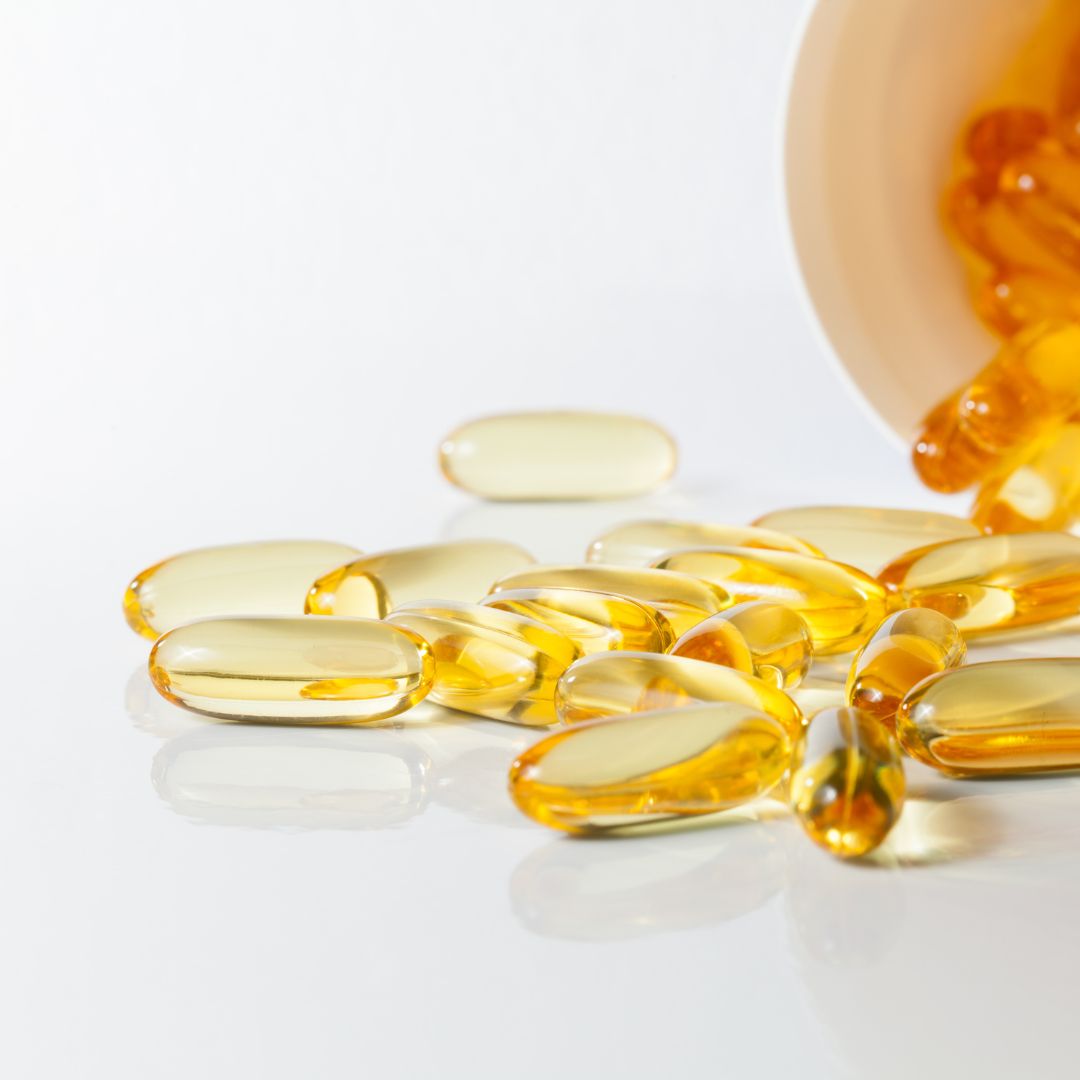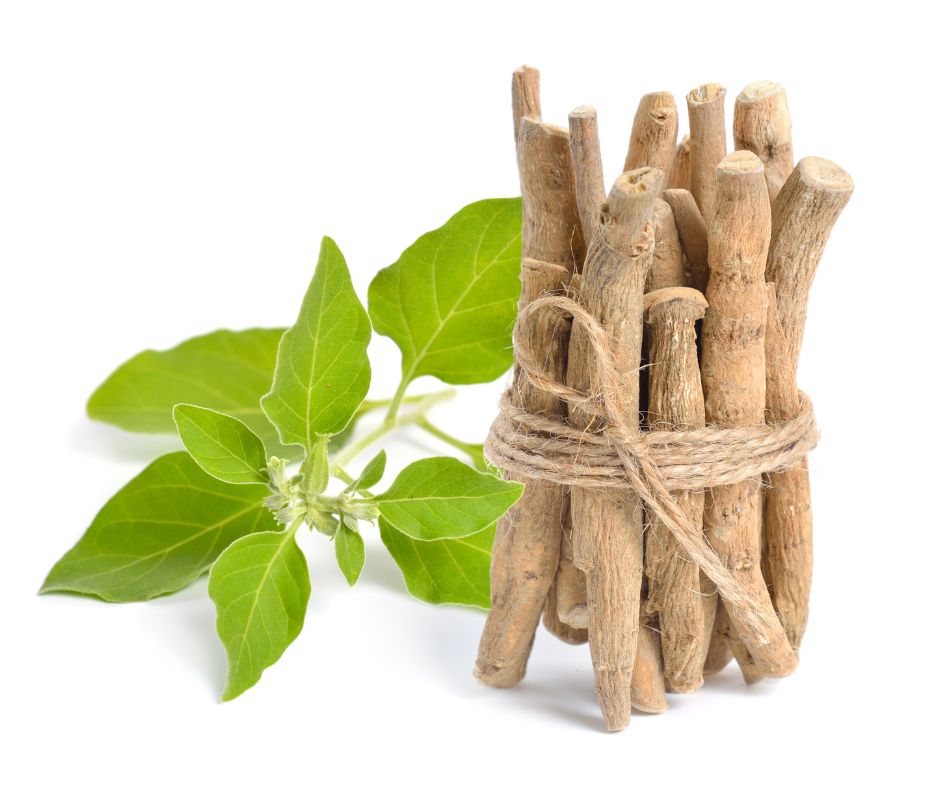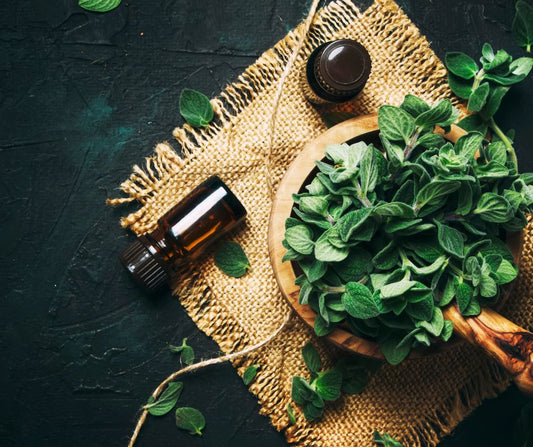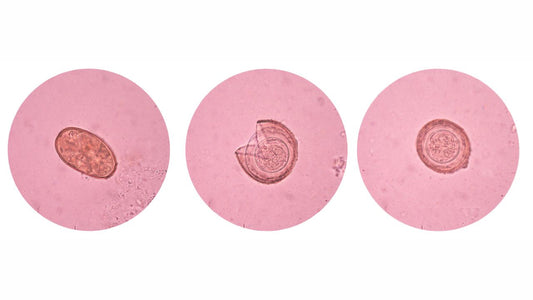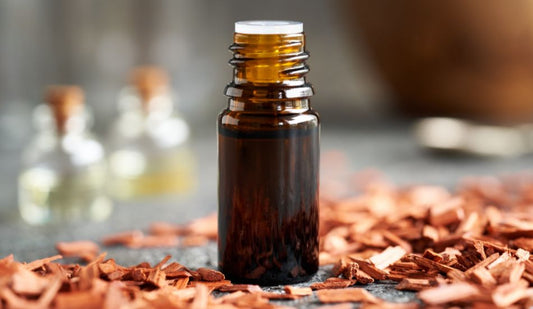
5 tips for boosting immunity
Share
Each person's immune system is different. We respond very differently to pathogens because our bodies have adapted to different things. This is due to our lifestyles and how well balanced our body's equilibrium and immune defense are.
Gone are the days when we were exposed to nature's own microbes to such an extent that we were naturally quite healthy throughout the year. Nowadays, nearly one in five people suffer from immune-mediated diseases. These include, for example, allergies, asthma, type 1 diabetes, and rheumatoid arthritis. The common cold is already such a normal phenomenon that it is expected (and often strikes) regularly in waves at the beginning of the cold season and for many steadily throughout the season.
The increase in these diseases is believed to be due to urbanization, lifestyle changes becoming faster-paced and more stressful, excessive emphasis on hygiene, and reduced connection to nature. This is probably true, as lifestyle and our environment have a huge impact on the development of our immune system. Our body is no longer exposed to natural microbes in sufficient amounts, so immunity does not develop, and we become more susceptible to illness through inflammatory reactions.
In addition to aiming to sleep well, eat a varied diet, and expose ourselves to natural microbes, we can also support our immune system internally. This is often the easiest solution in modern society.
Prevention is the best treatment for colds and many other diseases, so now we will explore different ways to support our immune system internally. Take these 5 targeted tips and create favorable conditions for a healthy and well-functioning body.
Functions of the immune system
The clear task of the immune system, or immunity, is to protect our body from pathogens. There are practically two types of immunity; innate/natural and acquired/adaptive immunity. We can influence the latter with our own actions, and it is also affected by numerous factors in our environment.
The function of the immune system is based on recognizing what belongs to the body and what is harmful from outside. A healthy and well-functioning immune system attacks microbes and other harms invading the body but leaves its own cells and proteins alone. When immunity is weakened and its function damaged, it can also attack the body's own cell structures and proteins. This results in a disorder known as an autoimmune disease.
Our innate immunity is the one that attacks pathogens first. If it fails in its task, the problem is handled by adaptive immunity. Its activation is slower but effective when functioning properly.
Various defense mechanisms
The skin is often the body's first barrier where pathogens' journey stops. Healthy skin concretely prevents their entry into the body. If microbes reach the stomach along with nutrients, the stomach's acidic pH and digestive enzymes effectively combat them.
When the body's own good bacterial flora is strong, it effectively prevents the growth of unwanted bacteria by taking away their nutrients and space.
Also, various cilia, mucus produced by cells, and for example tears prevent the growth of microbes in certain areas of the body.
Factors that weaken immunity
Stress is the body's worst enemy. Almost every event, both positive and negative, creates some kind of stress in us, but bad stress is what we want to avoid. It depletes the body's mineral reserves and creates a favorable environment for pathogens that threaten our immunity.
It is also good to remember that, for example, intense physical exercise creates stress in the body. Although exercise is generally beneficial, it is important to balance the resulting stress with sufficient recovery.
A poor bacterial flora in the body is often associated with the intestines. The well-being of the intestines plays a significant role in maintaining resistance. However, it is good to remember that the skin and mucous membranes must also be strong and healthy. The skin and mucous membranes form a significant pathway through which pathogens most easily attack.
Some medications and generally illnesses lower immunity. During antibiotic or cortisone treatment, surgery, or illness, our immunity is usually significantly weakened.
Poor lifestyle habits are a clear factor that weakens immunity. If we eat nutrient-poor, low-fiber, and highly processed food, consume a lot of alcohol, move little, and sleep poorly, we do not provide much for our body to draw from. Immunity does not develop on its own; it is the sum of many successful factors.

Substances that support immunity
We can support the immune system in many ways. Here are 5 targeted tips.
Vitamins and trace elements
Vitamins are essential for the body's normal metabolism and growth as well as chemical reactions. Vitamins affect, among other things, sleep, endurance, alertness, the nervous system, and memory. The body cannot produce all of these substances itself, so they must be obtained from outside, usually from food.
Essential trace elements include fluoride, iodine, chromium, copper, manganese, molybdenum, iron, selenium, and zinc. Essential minerals, on the other hand, include phosphorus, potassium, calcium, magnesium, and sodium.
If necessary, mineral deficiencies can be corrected and their occurrence prevented with supplements. It is especially important for pregnant and breastfeeding women, growing children, the elderly, highly active individuals, as well as vegetarians and vegans to pay attention to their intake of minerals and vitamins and use supplements as needed to support their diet. Seasons also bring periods when we may need additional supplements.
Ginger
Ginger's health benefits have been known for centuries. It has antioxidant, antimicrobial, and anti-inflammatory properties, which makes it excellent as a preventive natural product, especially during the flu season. It can also relieve stomach symptoms, inflammations, flu symptoms, so using it when the flu strikes can also bring relief.
Make tea by steeping a few slices of raw ginger root in boiling water. Or try making an easy ginger shot yourself and enjoy it daily:
Cut whole ginger roots into pieces and blend them with hot water.
Propolis
Propolis is known for its immune system strengthening properties. The combination of polyphenols and flavonoids helps modulate the immune response, which promotes the body's ability to fight infections and diseases, making it a great natural remedy to support the treatment of colds and respiratory diseases. Read more about propolis.
Echinacea or purple coneflower
Echinacea is known to help the body's natural defense mechanisms function properly by stimulating the immune system. It contains polysaccharides, flavonoids, and essential oils that help protect cells from external influences and reduce inflammation. It is a plant with adaptogenic properties that increases the body's ability to adapt to various environmental factors and enhances its immunity. Echinacea is commonly used for flu prevention and flu symptoms.
Probiotics
Probiotics are "friendly" bacteria and yeasts found in your body, in some foods, and dietary supplements. They help develop and maintain a healthy gut microbiota. When the gut flora is in good condition, probiotic bacteria fight disease-causing bacteria in the intestines.
